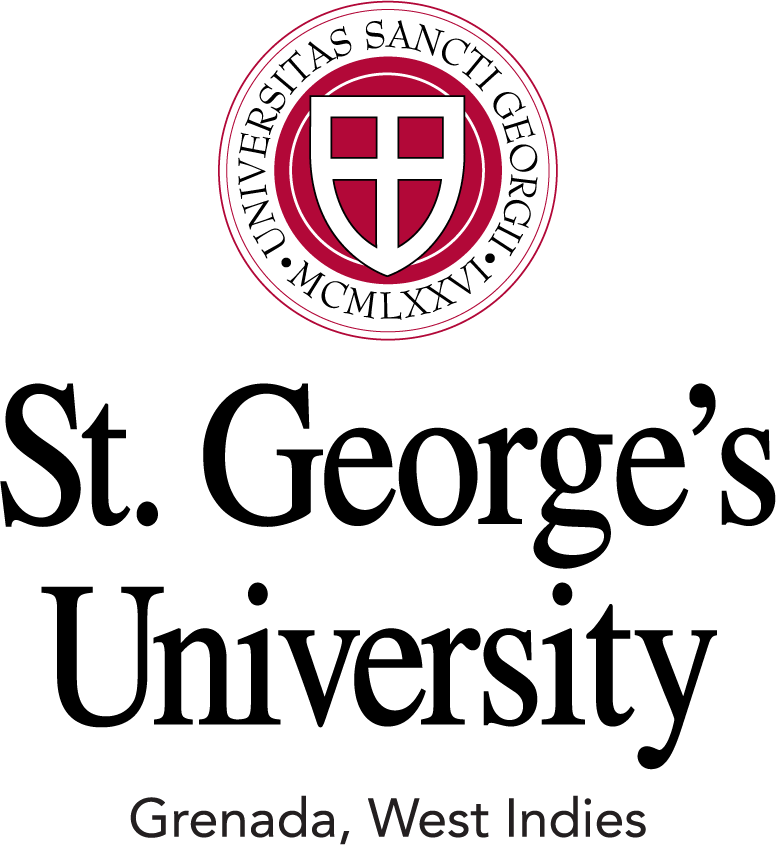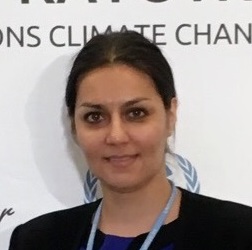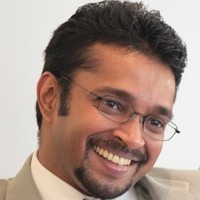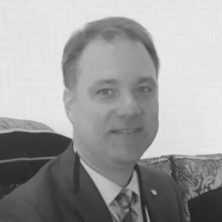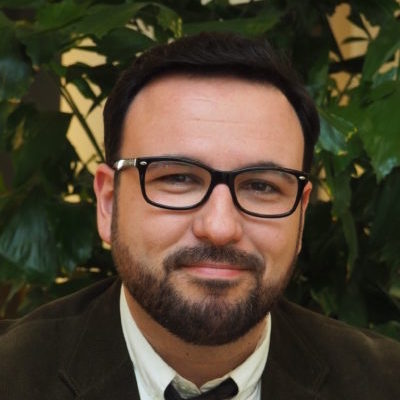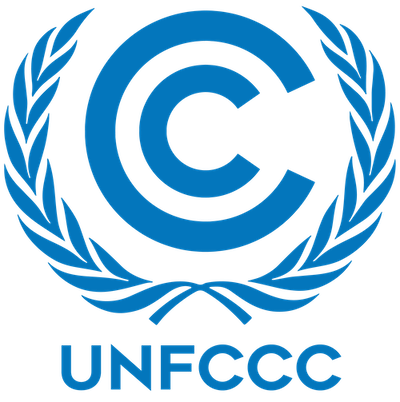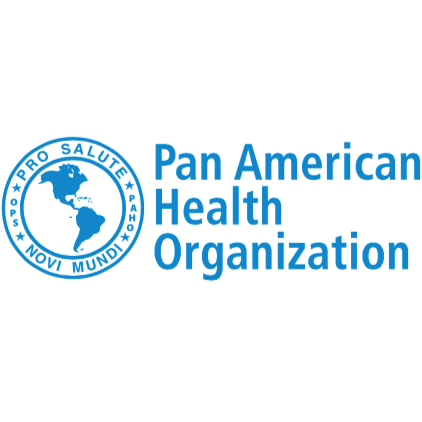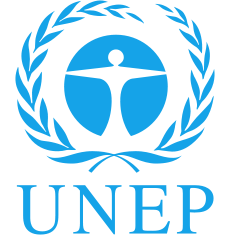WHO YOU'LL MEET
The course will include various perspectives from the public health community in live interviews, recorded seminars and QA sessions.
Maryam Navi
UNFCCC
Maryam Navi is an interdisciplinary researcher in environment, communities and health. She joined the UNFCCC – UNU Early Career Climate Fellowship Programme in October 2018 after the completion of her PhD in Public Health with a Dean's Commendation for Doctoral Thesis Excellence from the University of Adelaide, Australia. Over recent years, Maryam has led or participated in several research projects on health and environmental risk assessments, environmental pollution and monitoring, and spatial analysis of vulnerability to climate change. She has a number of publications on findings of her research in peer-reviewed journals. She has volunteered with the Australian Red Cross on social support programmes and the UN Department of Economic and Social Affairs on UN E-Government Survey 2018.
She is currently with the Adaptation programme in the UNFCCC, mainly supporting the work of the Adaptation Committee. She is also the UNFCCC health focal point.
Vintura Silva
Team Lead/Regional Coordinator, UNFCCC
Vintura Silva heads the UNFCCC Regional Collaboration Centre for the Caribbean, based at St George’s University in Grenada and is also part of the Caribbean MRV Hub team. He has been with the UNFCCC secretariat since 2008. Before his current posting, he lead the UNFCCC Regional Collaboration Centres for Africa , Latin America and coordinated the office for Asia Pacific. Prior to joining UNFCCC, Vintura had worked as an international consultant on climate change mitigation and national GHG inventories. He had completed his doctoral studies in International Business Administration and holds Masters degrees in international Business Administration, Industrial Chemistry and Environmental Chemistry.
Daniel Buss
Advisor for Climate Change and Health, PAHO/WHO
Dr. Daniel Buss is the advisor of the Pan American Health Organization/World Health Organization for the region of the Americas on the three Rio Conventions – Climate Change (UNFCCC), Biological Diversity (UN CBD) and Combat Desertification (UNCCD) – and on the implementation of the Sustainable Development Goals, the 2030 Agenda. With a background on Ecology (BSc and MSc) and Public Health (DSc), and natural from Brazil, he represented his country’s Ministry of Health in several international meetings, with topics covering the SDGs, climate and health, environmental indicators and the connections between health and the environment. He was one of the leading authors of the recent book (2015) Connecting global priorities: Biodiversity and human health – a state of knowledge review, from the WHO and CBD.
Gerardo Sanchez Martinez
Senior Advisor, UNEP
Martinez's work focuses on assessing the social, health and economic impact of climate change, as well as on tracking the implementation and effectiveness of adaption policy and activities. He specializes on the assessment and prevention of direct health and socioeconomic impact of extreme weather events in urban areas.
He holds a PhD in Economics from the University of the Basque Country (Spain), and a Master of Public Health degree from Boston University through a Fulbright Scholarship.
